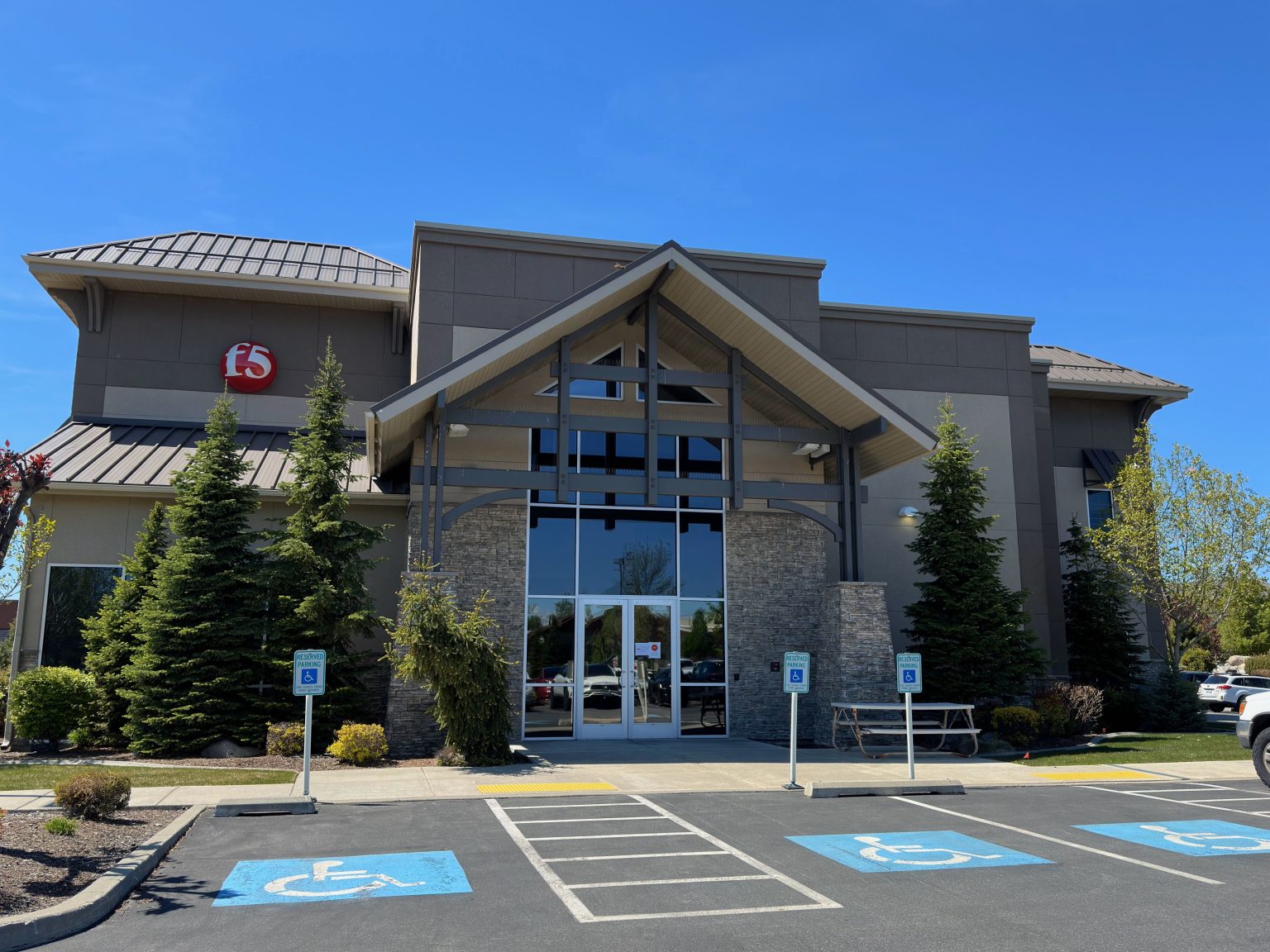F5, a Seattle-based technology company that primarily focused on software, recruited Jeff Stockdale in 1999 to build its hardware business. Stockdale agreed to take on the challenge on the condition that he could work out of Spokane due to the presence of a strong talent pool in the area. Over the years, F5’s operations in the Spokane area expanded to include customer support, manufacturing, digital sales teams, and employees in various departments, making it a significant location for the company. The company now has around 250 employees in the Spokane area, making up a significant portion of its U.S. workforce.
Other tech companies, like Rover, have also established a presence in Spokane due to various factors such as workforce quality, lower labor and real estate costs, and proximity to Seattle. Rover’s decision to tap into Spokane’s emerging talent pool led to the establishment of its office in the region. The company now has about 70 employees in Spokane across various functional areas. Despite the shift to remote work during the pandemic, Rover still considers Spokane a valuable hub.
SecureSave, a fintech startup that emerged from Pioneer Square Labs, exemplifies the Seattle-Spokane connection as its CEO, Devin Miller, chose to base the company in Spokane due to factors like quality of life, affordability, and community. The company is fully remote, with Miller being the only member of the team based in Spokane. Over time, as the company grows, SecureSave is likely to hire more people in the Spokane area, contributing to the region’s tech community.
Hunter Smit, an employee at F5, is a transplant from the other side of the state who chose to stay in Spokane after college due to factors like affordability, outdoor activities, and the thriving tech community in the region. He joined F5 in 2020 and works as a strategist on the North America Field Marketing team. With the evolution of Spokane’s tech community over the years, more people have started to come back to the region, drawn by similar factors that prompted Smit to stay.
F5’s Spokane operations have been successful due to the geographical bridge between teams in Seattle and Spokane, providing a seamless interface and enabling successful collaboration. Stockdale believes that the model they implemented at F5 could serve as a valuable model for other companies looking to tap into Spokane’s talent pool for hardware development. While challenges exist, including a niche talent pool, the benefits of shorter commutes, outdoor activities, and high employee retention rates make Spokane an attractive location for companies like F5.
As the tech ecosystem in Spokane continues to grow, fueled by universities, community organizations, and angel investors, deeper relationships between Seattle and Spokane tech companies could strengthen Washington state’s innovation economy. The presence of multiple tech companies with significant operations in both Seattle and Spokane highlights the potential for the two regions to collaborate and contribute to the overall growth of the tech industry in the state.


